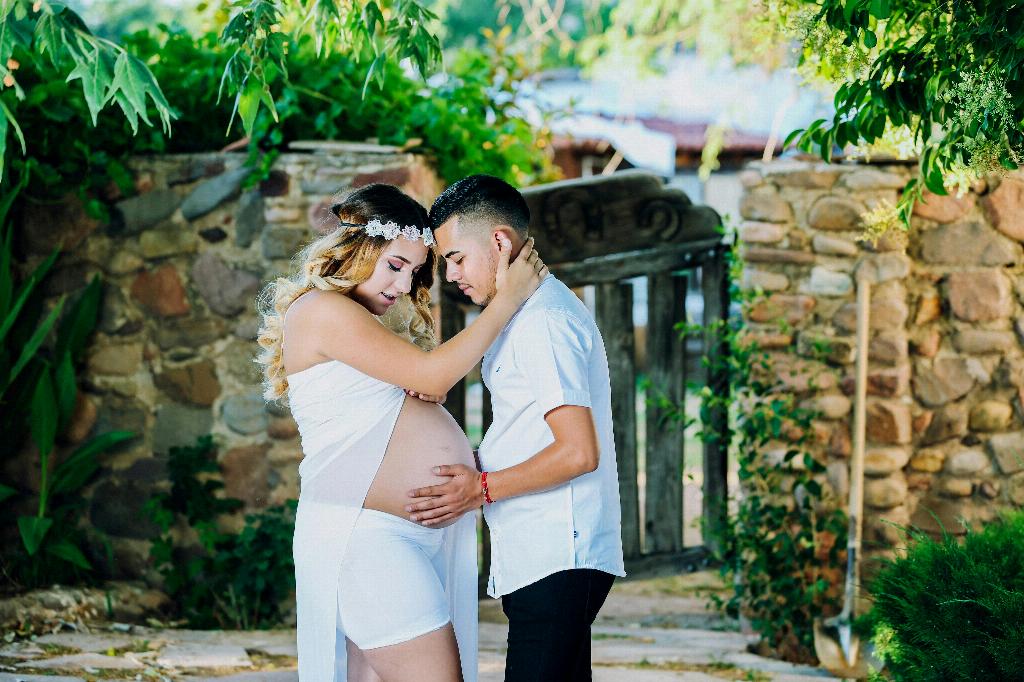Among the many changes that a woman’s body goes through during pregnancy, dry nipples can be a common and uncomfortable issue. The hormonal shifts that occur during pregnancy, particularly changes in estrogen and progesterone levels, play a significant role in causing dryness and irritation in the nipple area.
Hormonal Fluctuations
Estrogen and progesterone are key hormones in pregnancy that regulate various bodily functions, including those related to breast development. As these hormones fluctuate throughout the different stages of pregnancy, they can lead to changes in breast tissue, including swelling and sensitivity, which can contribute to dryness in the nipple area.
Increased Blood Flow
During pregnancy, there is an increase in blood flow to the breasts as the body prepares for lactation. This increased blood flow can sometimes cause the nipples to feel dry and chapped due to the extra pressure on the delicate skin of the nipples.
Changes in Breast Size
As the breasts undergo changes in size and shape to accommodate milk production, the skin around the nipples may stretch, leading to dryness and discomfort. The expanding breast tissue and increased sensitivity can also contribute to dry, irritated nipples.
Hydration and Moisturization
It is essential for pregnant women to stay hydrated to help maintain the elasticity of the skin, including the nipple area. Using a gentle, hypoallergenic moisturizer can also help soothe dry nipples and prevent further irritation during this time of heightened sensitivity.
Sensitivity and Irritants
The nipples can become more sensitive during pregnancy, making them more prone to irritation from clothing, friction, or harsh fabrics. Avoiding tight clothing and using soft, breathable materials can help reduce irritation and keep the nipples moisturized.
Self-Care and Comfort
Engaging in self-care practices, such as wearing nursing pads to protect the nipples, can provide added comfort and prevent further dryness. Taking warm baths or applying warm compresses to the breasts can also help promote circulation and relieve dryness.
Consultation with Healthcare Provider
If dryness and discomfort in the nipple area persist or worsen, it is essential to consult a healthcare provider. They can offer guidance on suitable skincare products, assess for any underlying issues, and provide tailored recommendations to address the specific needs of the individual.
Support and Understanding
Experiencing changes in the body during pregnancy can be overwhelming, and it is crucial to seek support from partners, friends, or healthcare professionals. Open communication about concerns regarding nipple dryness and discomfort can help alleviate stress and ensure proper care during this transformative time.
Embracing the Journey
While dry nipples during pregnancy can be a common issue, it is essential to remember that these changes are a natural part of the body’s preparation for childbirth and breastfeeding. Embracing the journey of pregnancy, including the ups and downs, with self-compassion and care can foster a positive experience and a healthy transition into motherhood.
Conclusion
In conclusion, dry nipples during pregnancy are often attributed to hormonal fluctuations, increased blood flow, changes in breast size, and heightened sensitivity. Practicing hydration, gentle moisturization, and self-care can help alleviate dryness and discomfort in the nipple area. Seeking guidance from healthcare providers and embracing the transformations of pregnancy with support and understanding can facilitate a smoother and more comfortable journey into motherhood.

